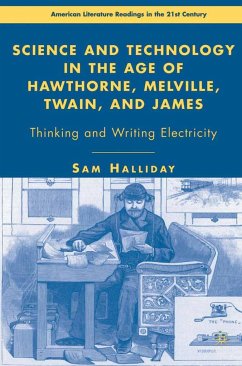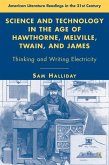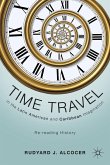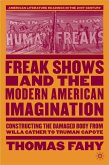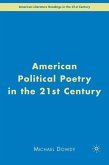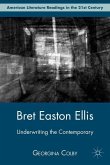This book reveals the full extent of electricity's significance in Nineteenth and early Twentieth Century literature and culture. It provides in-depth coverage of a wide range of canonical American authors from the American Renaissance onwards. As well as many fascinating hitherto under-studied writers.
'Halliday's bravura study is a trove of insight and information. It features a remarkable cast of characters, from Samuel Morse and Helen Keller to Hawthorne, Twain, and Daniel Paul Schreber, and it bristles with unexpected connections across technology and culture: mesmerism and slavery, ether and representation, telegraphy and conspiracy. Every page brings illumination; the book can aptly be called 'electrifying.'" - Michael T. Gilmore, Brandeis University
"The most significant aspect of this engaging book is the 'telepathic' connections it makes between seemingly disparate subjects - Dracula and the railway timetable; race and telegraphy; split personality and the telephone exchange. A model of how to do cultural studies, Science and Technology will change the way people think not only about technology and culture at the turn of the twentieth century but also more generally about communication, individuality, and the meaning of the social." - Barbara Will, Dartmouth College.
"The most significant aspect of this engaging book is the 'telepathic' connections it makes between seemingly disparate subjects - Dracula and the railway timetable; race and telegraphy; split personality and the telephone exchange. A model of how to do cultural studies, Science and Technology will change the way people think not only about technology and culture at the turn of the twentieth century but also more generally about communication, individuality, and the meaning of the social." - Barbara Will, Dartmouth College.

